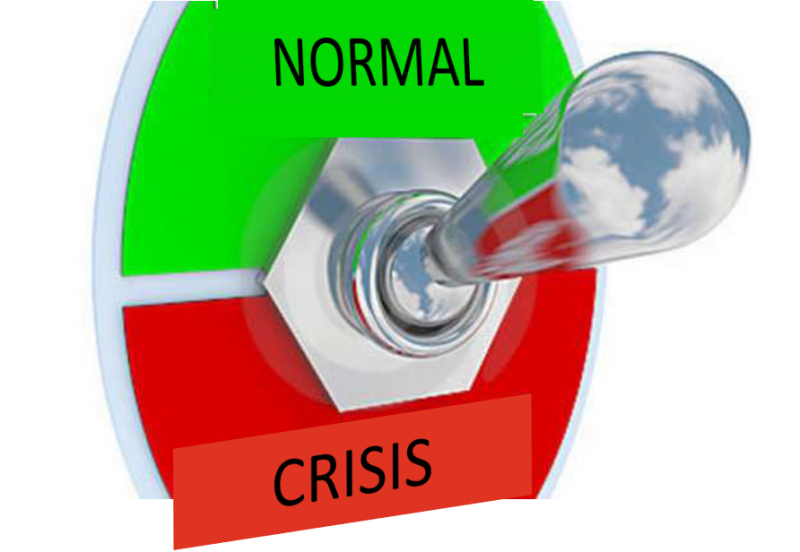
Fortunately, the Nudge Unit is no longer in charge of defining the UK’s response to the Covid-19 situation. Their reign lasted about 48 hours. 48 scary hours. Mainly because, nudging was only ever intended to be an adjunct to an actual strategy, rather than the foundation of that strategy. The idea of Nudge is simple: once you know where you’re going, design the three or four syllables that speak a thousand pictures and launch them into the public consciousness. Then cross your fingers that enough people respond positively to start moving society in the direction you want. Something like ‘Take Back Control’. Or ‘Drain The Swamp’.
The other reason to be happy they’ve been pushed to the background is because, much as they claim to be built around an understanding of human psychology, from where I sit that understanding is partial at best, and wrong-headed at worst.
Take the Nudge Unit belief – now thankfully dispensed with – that people will only comply with difficult instructions for a short period of time, so, therefore, it is important to only send out nudge-speak when the timing is absolutely right.
What this kind of thinking utterly misses are the various binary switches that exist inside people’s heads. The one I’ve talked about most has been the ‘Sick Switch’ (SI ezine, March 2014). When this switch is in the ‘well’ position, life is normal; once I flick the switch to ‘ill’ I’ve given myself permission to accept that things are not normal. It’s not normal to still be in bed at midday, but it’s okay when I’m sick. It’s not acceptable to goof-off going for a run when I’m well, but it’s definitely okay when I’m ill.
It’s pretty much the same thing with another switch, the one relating to ‘Crisis’. When this switch is positioned at ‘normal’ we might go out to the cinema or to a gig, or spend too much money on a guitar. But when it’s flipped to the ‘crisis’ setting, we know not to do those things. And – most important – as long as the switch stays flipped, we know we still can’t go and do those things. When there’s no crisis, people will get bored with washing their hands ten times a day; when the switch is flipped, while we might still get bored, we wash our hands anyway.
If that’s the case, I hear you say, why is it that a majority of patients fail to comply with their medication instructions? Well, many reasons actually (SI ezine, September 2018), but the overriding one is that something causes us to flip our Sick Switch back to ‘normal’. Our symptoms temporarily disappear, for example, or there’s a big family celebration tomorrow night that we don’t want to miss.
Exactly same idea again with our Crisis Switch. So long as its set to Crisis, we will continue complying with what we’re supposed to be doing in a crisis situation. The simple (first principles compliant) idea being, now we’ve all (well, ‘mostly’ – there are still idiots like Tim Martin and Godfrey Bloom in our midst) flicked the Covid-19 Crisis switch, we need to keep it switched until its safe to flick it back to normal again. Now, there’s a proper job for the Nudge Unit. Hopefully a Nudge Unit that chooses to read more than one psychology text-book in future.
